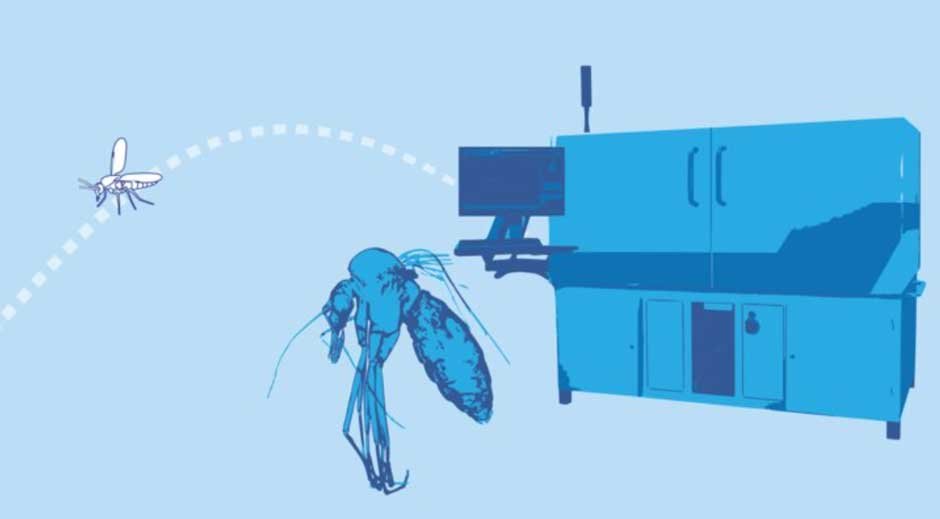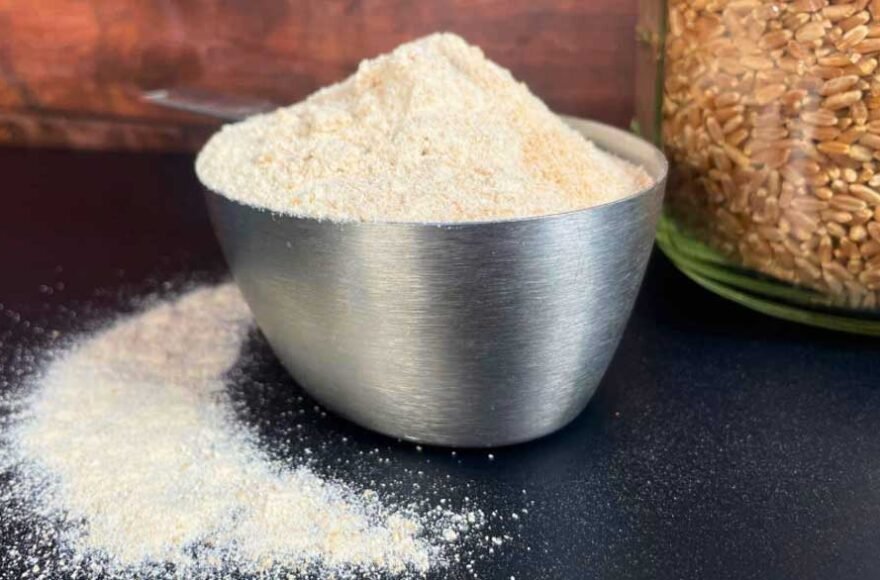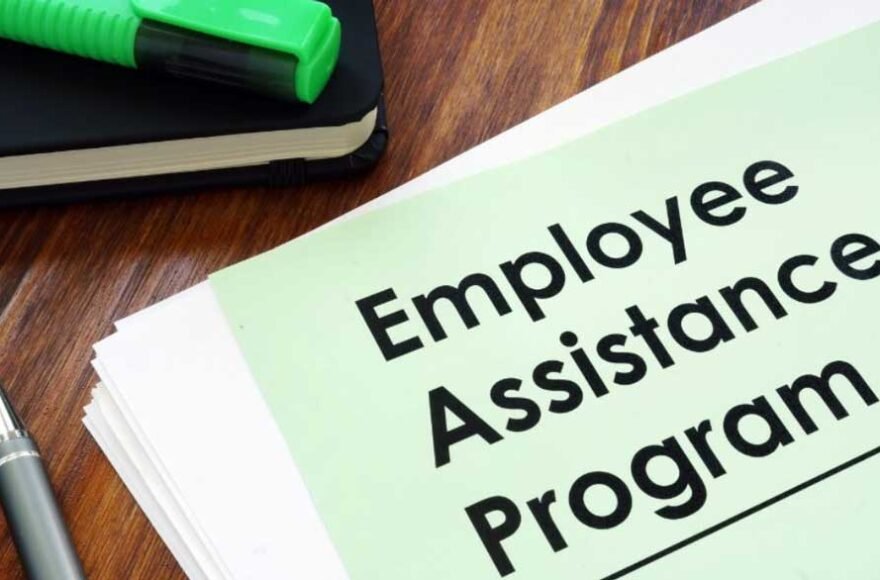Micro Biting: Subtle Forces in Our Day-to-Day Interactions

As part of our day-to-day interactions, we often perform subtle behaviors that rarely occur to us. Among such behaviors is micro biting-the small, almost negligible nips or bites taken every day. Though seemingly innocuous, those micro bites can reveal so much about our eating behaviors and habits. They also have the ability to affect our gut health and may be linked to many eating disorders. Understanding these micro behaviors can help us better care for our bodies and minds.
What Is Micro Biting?
Micro biting is a behavior of taking tiny, almost insignificant bites, often done unconsciously. These little nibbles typically happen during stressful, bored, or mindless moments while eating. You might not even know you are doing it. For instance, you take a little bite of a snack while watching TV or nibble on food during a conversation and never feel hungry. All these small actions over time will add up and impact your eating habits and digestive health.
This usually occurs when a person will give small bites as if making differentiation on the common portions and much huge portion, which can cause such practices or actions not to be strategic. This style of taking food may strike people at times of anxiety and worries. In such cases, it might contribute to eating more, causing digestive discomfort or vice versa due to an increased sensitivity to visceral disturbances.
Relationship between micro biting with disorder of eating
Although micro biting itself is not an eating disorder, it may be the sign or aftermath of other conditions. Eating disorder suffering individuals usually have many behaviors that include compulsive eating, emotional eating, or thinking less about eating. Stress and anxiety may lead to micro biting. It can even be a disorder due to which body’s sensation of hunger and fullness is not associated.
It might happen that micro biting could become unconscious avoidance of the presence of the strong emotions that build in a person’s heart or mind. People snacked on small portions of food and felt overwhelmed as if coping. Again, this doesn’t mean to trigger full-blown eating disorders at all times but becomes an apparent sign that something else deep is going on in one. They provide people with knowledge regarding how to identify and address a sticky spot in their relationship with food, allowing them to subsequently take action toward receiving appropriate support.
How Micro Biting Affects Gut Health
The impact of micro biting on our eating patterns does not even stop there; it goes further, playing a crucial role in our gut health. Eating in micro bites may increase the frequency of food intake. This constant grazing causes problems that may lead to an irregular movement of the bowel, discomfort, bloating, and so forth.
One of the conditions is that the gut becomes sensitive to stimuli, and this condition is known as visceral hypersensitivity. This condition triggers pain or discomfort even in cases where there is very little or no physical cause. Micro biting combined with eating behaviors that include overeating or eating on a whim can exacerbate this condition, thereby making it difficult for the digestive system to process food effectively.
Eating habits and eating behaviors
You most likely realize how your eating behavior and habits determine how the body will react to this food. Individuals who think about their meals—measured in time, enjoying and cherishing each morsel in them—are more likely to have smooth digestions and a healthy self all in all. However, for the micro biters, it is possible that they might be eating without actually knowing how much they consume. It leads to weight gain, digestive problems, or unhealthy relationships with food over time.
To discover a break from the maladaptive eating patterns, including micro biting, it’s essential to listen to your own habits of consumption. You know when and why you want to consume something. Then, after paying attention, it will determine whether your food-eating behavior comes from hunger or any emotions. Keeping an eye on the balance meals in the diet, along with marking the signals that the body sends out, will further work toward this goal.
Control micro-biting and effectivity
To address the effects of micro biting, it is good to understand the root cause. Do you eat because you feel the need to or as a way to cope with emotional stress or feelings? If this is linked to emotional eating or other disorders, professional help would be valuable. A therapist or nutritionist may be able to identify triggers and give you healthier eating habits.
Further improvement can be expected in gut health, with support for better digestion, reduction of pain, and the overall ease of eating from a proper diet that has adequate fibre, vitamins, and minerals, and hydration of body fluids together with stress reduction from meditation and exercise.
Conclusion
In simple words, micro biting seems to be a harmless activity, yet it may hint towards several deeper aspects of eating habits and disorders associated with eating problems or even towards digestive health issues. By paying attention to our eating habits and the impact of micro bites, we will be better able to understand the signals our body is sending us and take steps toward improving our overall well-being. Whether it is mindfulness, improved stress management, or professional support, addressing micro biting will lead to a healthier, more balanced relationship with food.





